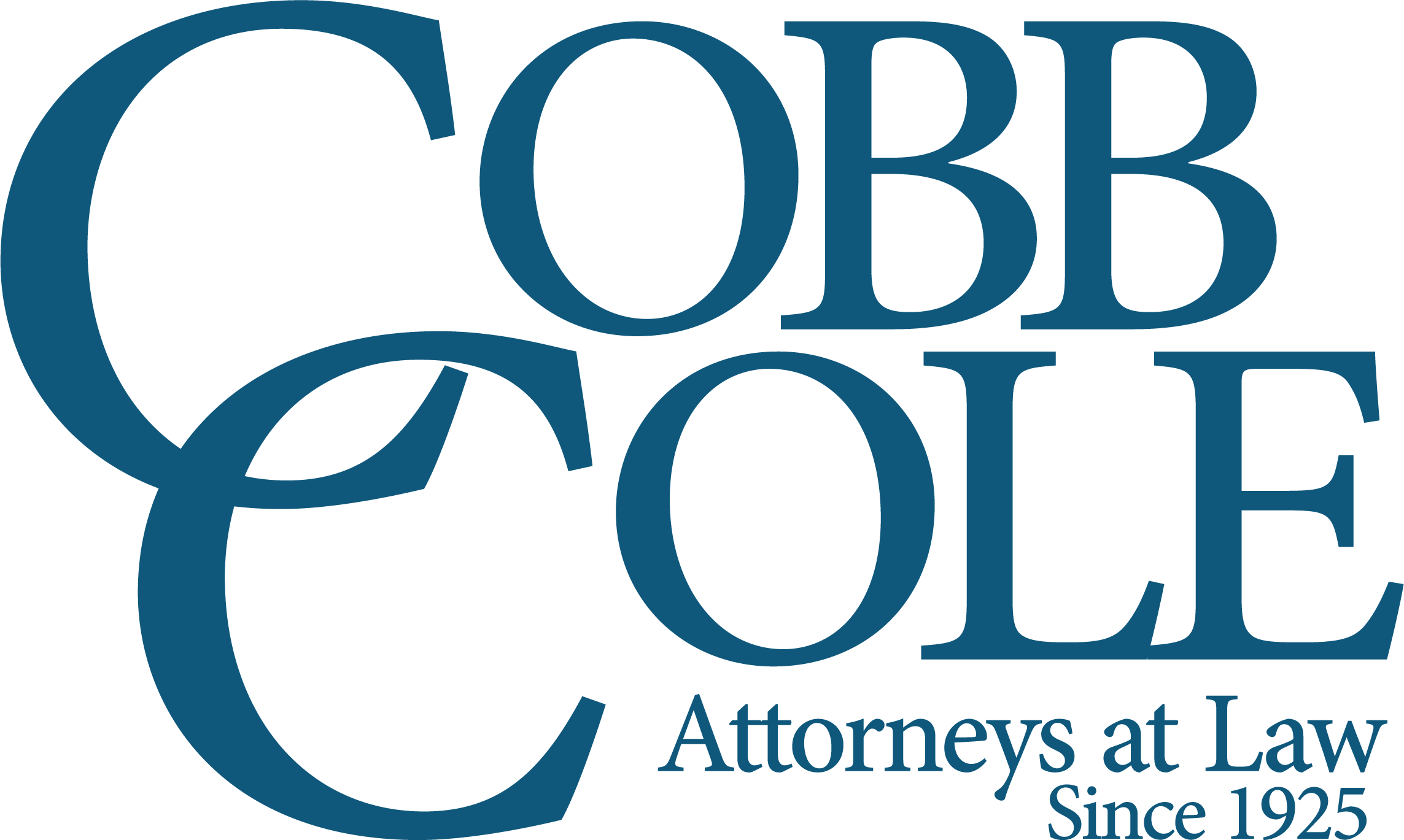The short answer to this pressing question is no. You won’t lose your property immediately. You will have at least 2 years from the date of delinquency to pay your owed taxes plus interest and fees.
In Florida, failing to pay property taxes initiates a multi-step process that can ultimately lead to the loss of your property, but this process takes time, during which you will have multiple opportunities to rectify the situation and avoid a tax sale.
Understanding the Timeline and Process
- Delinquency Date: Property taxes in Florida become delinquent on April 1st of the year following their assessment. For example, taxes assessed for 2024 become delinquent on April 1, 2025, if left unpaid.
- Tax Certificate Sale: If the taxes remain unpaid after April 1st, the Tax Collector is required to conduct a tax certificate sale by June 1st. This public auction allows investors to pay off the delinquent taxes in exchange for a tax certificate, which acts as a lien on the property. The certificate holder is entitled to collect the owed taxes plus interest.
- Redemption Period: After the tax certificate is sold, the property owner has a redemption period of up to two years from the date of delinquency to pay the owed taxes, interest, and associated fees to redeem the property.
- Tax Deed Application: If the property owner does not redeem the property within the two-year redemption period, the certificate holder can apply for a tax deed, initiating the process to sell the property to satisfy the lien.
- Tax Deed Sale: Upon application, the property is scheduled for a tax deed sale, where it is auctioned to the highest bidder. The proceeds of the sale are used to pay off the tax certificate holder and any other liens, interest, and fees, with any excess funds potentially available to the original property owner.
Note: The rules for addressing delinquent property tax issues in Florida are covered by Chapter 197 of the Florida Statutes.
Avoiding Forfeiture and Tax Sale at Each Stage
- Before Delinquency: Paying property taxes in full before April 1st prevents any penalties or interest from accruing.
- After Delinquency but Before the Tax Certificate Sale: Paying the owed taxes plus a penalty (at this time 3%) before the tax certificate sale can prevent the sale and additional complications.
- After the Tax Certificate Sale: Redeeming the property by paying the owed taxes, accrued interest, and fees before the two-year redemption period expires prevents the certificate holder from applying for a tax deed.
- After the Tax Deed Application but Before the Sale: Paying all owed amounts, including any additional costs incurred during the tax deed application process, before the tax deed sale can stop the sale and retain ownership.
Inheriting a Property with Unpaid Taxes
If you inherit a property with delinquent taxes, you assume responsibility for the outstanding tax debt. The same legal process applies, meaning a tax certificate could already be in place, or a tax deed sale could be approaching. Acting quickly is essential to prevent the loss of inherited property.
The Role of Legal Assistance
Navigating the complexities of Florida’s property tax system can be challenging. Seeking legal advice can provide clarity on your rights and options at each stage of the process. The real estate law team at Cobb Cole offers comprehensive guidance on property tax matters, helping property owners understand their obligations and the steps necessary to protect their property interests.
Other Considerations
- Interest Rates on Tax Certificates: Investors bid on tax certificates based on the interest rate they are willing to accept, up to a maximum of 18%. The lower the interest rate bid, the more favorable it is for the property owner, as it reduces the amount owed during redemption.
- Notification Requirements: Florida law mandates that property owners receive notices at various stages, including before the tax certificate sale and before a tax deed sale, ensuring they are informed of the delinquency and potential consequences.
- Impact on Property Title: A tax deed sale can extinguish certain liens on the property, potentially affecting mortgage holders and other lienholders. It’s important to understand how these sales impact existing encumbrances.
- Availability of Payment Plans: Some Florida counties offer installment payment plans that allow property owners to pay off delinquent taxes in smaller, manageable amounts over time. These programs vary by county, so property owners should check with their local tax collector’s office or seek legal advice.
- Challenging the Tax Assessment: In some cases, property owners might have reason to believe their tax bill is incorrect or excessive. Florida law allows property owners to appeal their tax assessment through their county’s Value Adjustment Board (VAB). If successful, this could reduce the total tax liability and make repayment more manageable.
- Location-Specific Issues: Certain areas in Florida have specific statutory and regulatory requirements that impact how tax delinquency is handled. Local municipalities may have different redemption periods, payment plans, or additional requirements for property owners to follow. Knowledge of these regional variations is essential for property owners to manage their tax obligations. Cobb Cole’s Real Estate Law team has extensive experience handling property tax matters all across Florida, ensuring compliance with local laws and protecting clients’ real estate assets.
How Tax Delinquency Affects Property Owners
Beyond the risk of losing ownership, failing to pay property taxes can have other long-term consequences:
- Increased Financial Burden: Accruing interest and penalties can make it harder to catch up on payments.
- Credit Implications: While property tax delinquency is not always reported to credit bureaus, a tax lien or foreclosure could negatively impact creditworthiness.
- Mortgage Issues: If the property is financed, the lender may pay the overdue taxes on behalf of the owner and add the amount to the mortgage balance. Failure to repay this can, therefore, lead to foreclosure by the lender.
- Title Complications: Properties with unresolved tax liens can face title issues, making it difficult to sell or transfer ownership.
Legal Guidance for Navigating Property Tax Issues
Failing to pay property taxes in Florida does not result in the immediate loss of property, but it does set off a legal process that can ultimately lead to foreclosure. The good news is that property owners have multiple opportunities to prevent a tax deed sale, including redeeming tax certificates, setting up payment plans, and appealing tax assessments. Understanding the timeline and taking proactive steps is critical to protecting real estate investments.
If you have concerns about unpaid property taxes, liens, or real estate legal matters, consulting an experienced attorney is the best course of action. Cobb Cole’s Real Estate Law team can provide legal guidance and practical solutions to help you navigate Florida’s property tax system and safeguard your property rights.

